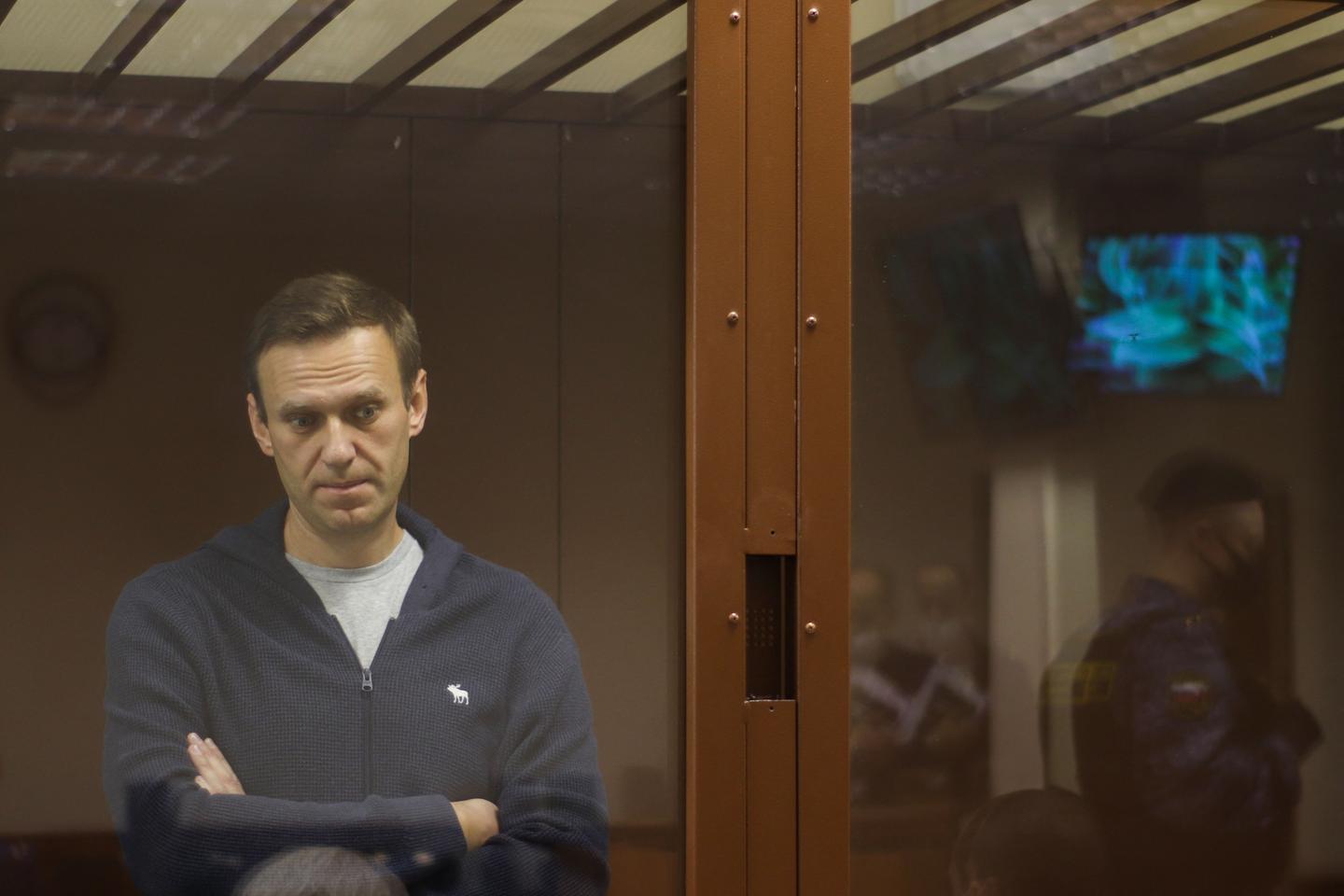


Nothing seemed to annoy Alexei Navalny more than this question: "Why go back to Russia?" His publishers were sure to have asked him the same question during a videoconference at the end of 2020 when the Russian opponent proposed his autobiography. In Patriot, due to be published in France on October 22 by Robert Laffont (528 pages, €25), he provides an answer: he returned to defend his convictions. As far as he was concerned, this wasn't negotiable.
Fresh from a grueling five-month convalescence in Germany after being poisoned on Russian soil with the powerful nerve agent Novichok, Navalny boarded a plane for Moscow on January 17, 2021. As soon as he stepped off the plane, he was arrested. Three years later, on February 16, 2024, he died in a penal colony beyond the Arctic Circle without ever having been released from detention.
There was only one thing left for him to do: write. Barred from standing for election, hounded by countless lawsuits and stalked by a team of agents tasked with assassinating him, his opportunities to engage Russian society were dwindling in an increasingly violent and repressive environment. His hard-hitting videos exposing the wealth of government elites – including the latest on President Vladimir Putin's palace on the Black Sea, published hours following his return to Russia – were no longer sufficient for the man seeking to offer an alternative to the head of the Kremlin, who has been in power for over 20 years.
More intimate chapters
Navalny's story begins in Germany, in a house in Freiburg, and recounts the attempted poisoning he experienced on August 20, 2020, while on a plane from Tomsk to Moscow. Throughout the memoir, he uses his signature biting irony and directly addresses the reader through the use of the second person "you," challenging everyone.
The memoir continues with two more personal chapters about his childhood in garrison towns and his commitment to activism. His father was a liaison officer in the anti-aircraft forces, while his mother was an accountant in civilian life or within military units. These two chapters are also highly political, with the dissident taking the opportunity to evoke haunting themes of contemporary Russia: Chernobyl, 700 kilometers from the garrison town where he was stationed at the age of 10, symbolizes the lies of the state; Afghanistan embodies government mismanagement with disastrous consequences; and he offers a nuanced view of Gorbachev, portraying him as a man resistant to corruption, while providing a more critical assessment of Yeltsin for opposite reasons.
You have 43.6% of this article left to read. The rest is for subscribers only.
